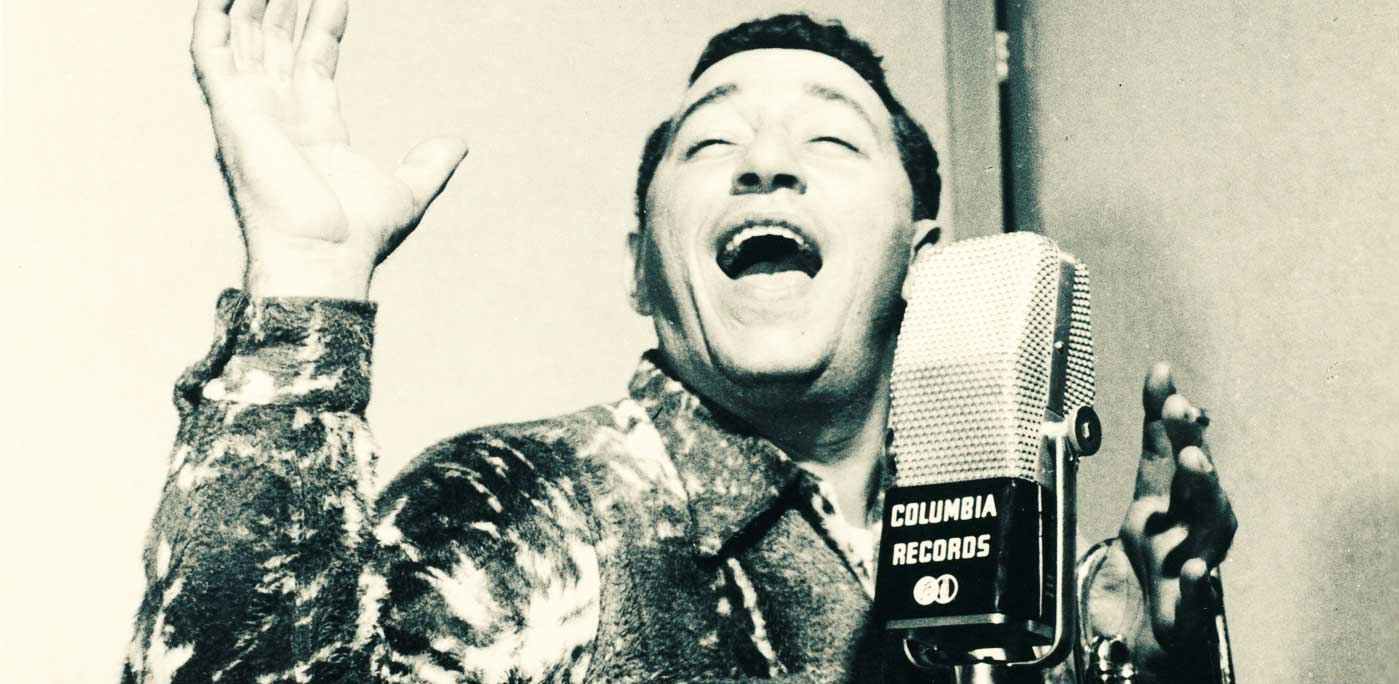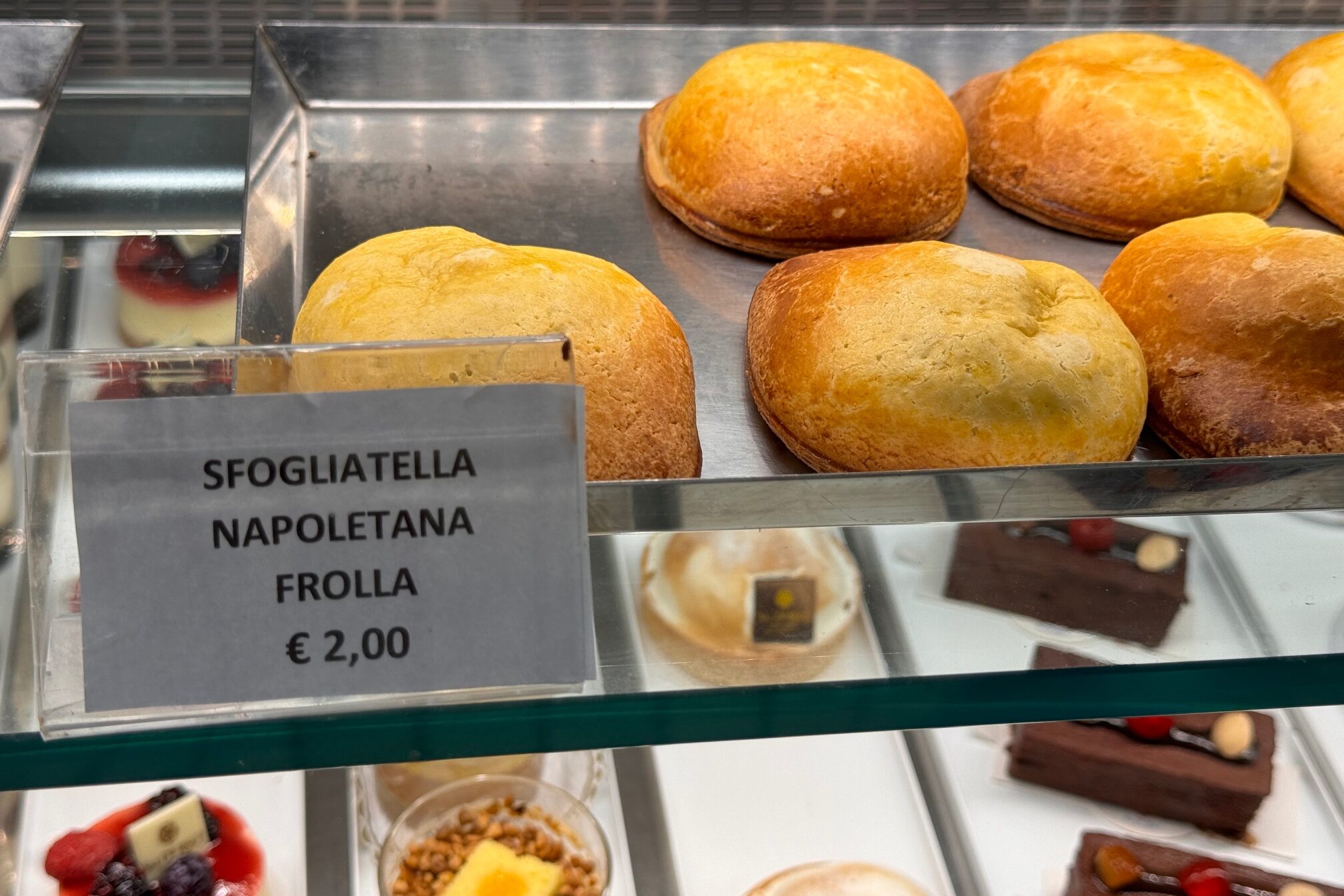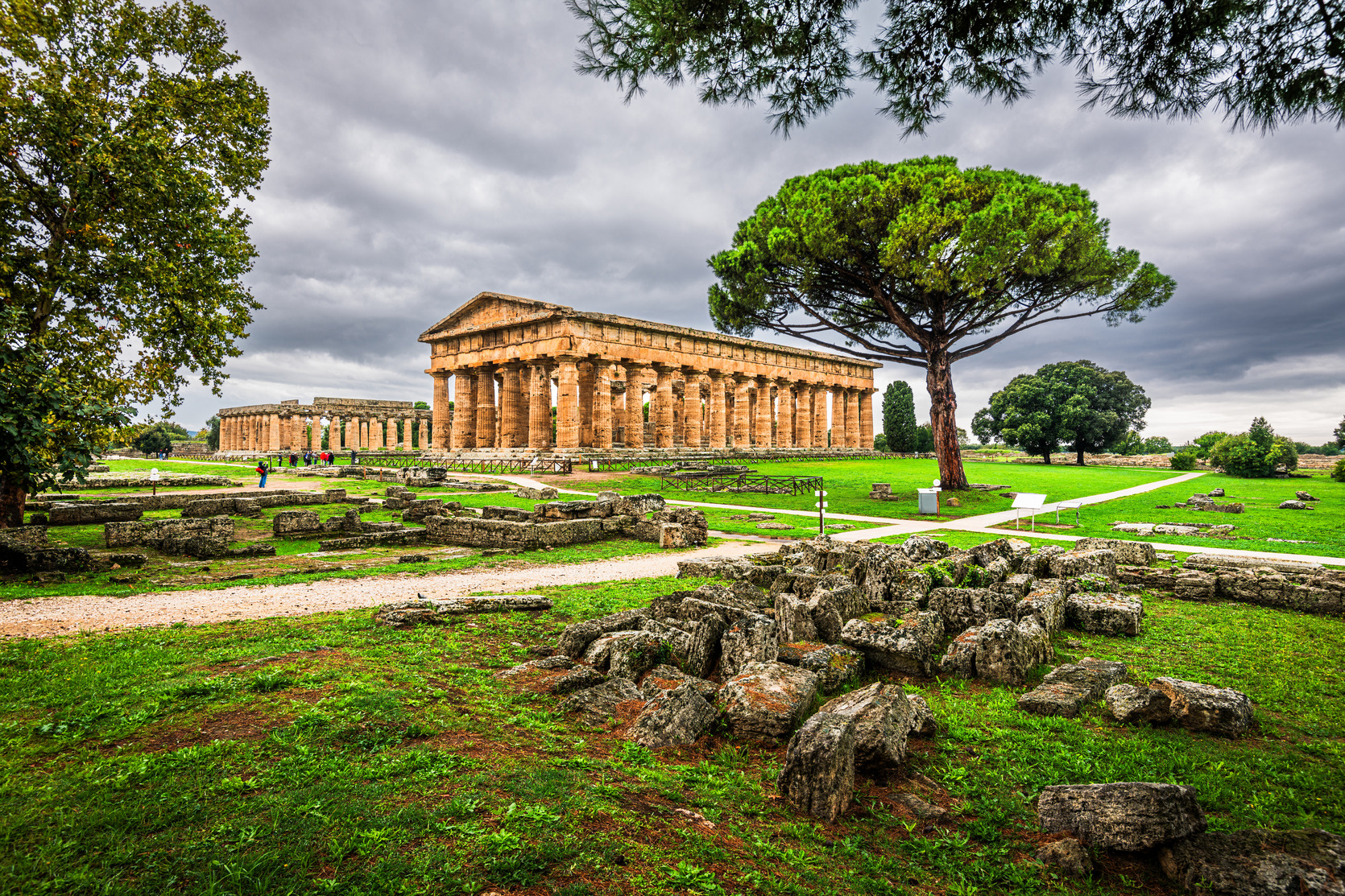Recently my daughters have become fixated with Walt Disney’s 1967 animated movie The Jungle Book, starring Louis Prima. Now, before I continue, I need to explain that being a parent is unparalleled to any ebullient experience you will ever have in life, and like many parents today, my wife and I are torn between the amount of time and exposure our daughters have to technology.
Parents offer their unconditional love and attention to their offspring. This also means limiting a child’s television and video interests, and ultimately running the risk of a child’s meltdown especially when a mother and/or father declares, “It’s time for dinner, no more television.”
One night, I decided with trepidation, to give in and change the routine, sometimes giving in to a child’s demands is the right decision. I must confess, however, what sparked my interest and decision was that I have never seen The Jungle Book, even when I was their age. I was therefore, very curious when my older daughter requested to watch it for what appeared to be the hundredth time in a week. The film is based on Rudyard Kipling’s collection of stories published in 1894 while he journeyed through India.
The other reason why I did not resist to my daughter’s usual defiance when she replies in her excited voice, “Please Daddy can I see The Jungle Book one more time, Please Daddy!” was that I adored watching her role-play her favorite characters from the movie, Mowgli, the orphaned boy who is being raised by animals in the jungle, and King Louie, an orangutan.
In the past, while my daughters watched the animated movie, I would overhear the raspy voice of the orangutan in the background while I was multi-tasking. The voice sounded familiar (almost like Louis Armstrong) but I was too involved with my own work to pay any real attention.
This time while my daughters and I took our spots on the couch to watch the movie, the film credits showed the actors name and their roles in the movie. I immediately noticed the orangutan’s voice was none other than Louis Prima. It was predestined for Louis Prima to be crowned the sobriquet The King of Swing and become a jazz/blues musician.
His mother Angelina valued music and she wanted her children to play an instrument. Although he did not enjoy it, young Louis learned to play the violin and for him the woodwind instrument was too rigid. His mother enjoyed Italian opera so he went along and played the instrument until he heard a new sound.
Louis was born in New Orleans in 1910 and by the age of ten he had experienced the genesis of the Jazz Age in America. His parents were immigrants from Italy living in a neighborhood densely populated not only by Italians but African Americans.
When young Louis heard one of the pioneers of Jazz, Louis Armstrong, perform his magic on the brass instrument he was hooked. He started to play the cornet and before dropping out of high school in 1928, he formed his own band with some of his local Italian buddies who were also drawn to this new musical phenomenon. The Roaring Twenties decade was defined by music and young Louis wanted to be part of this monumental moment in music history.
As the Jazz Age waned, the Great Depression arrived and Louis toured the country with other band members. He eventually traveled to every Jazz musician’s dream The Big Apple. It is alleged that New York City received its moniker because of a jazz club called the Big Apple Restaurant & Jazz Club in Harlem and hence the name became synonymous with Jazz musicians when playing in New York City.
Prior to arriving to the Big Apple in the 1930s, Louis began making a name for himself in some of the popular jazz clubs in New Orleans and eventually he went to New York City. Unfortunately while in NYC he was confronted with the vitriolic treatment that so often accosted Italian Americans as well as African Americans during the 1930s.
Although the Jim Crow laws were part of Southern culture, the North did not escape from its own prejudices. Writer Gary Boulard explains that while Louis was in New York City, he was to perform at Leon and Eddie’s on West 52nd Street, but one of the owners of the jazz club thought Louis was African American and did not hire him for the gig.
The trumpeter had already experienced segregation between Black and White as he grew up in New Orleans. For Louis some of his friends were African Americans and although they could not perform together publicly, he jammed with many Black musicians privately. The experience in New York City was not a setback for Louis because he knew eventually music brings all groups of people together including fathers and daughters.
Ironically, Prima’s popularity as well as his band the Witnesses increased despite anti-Italian sentiment during pre and post-World War II. Some of his hits songs were Angelina, Please No Squeeza Da Banana, Bacci Galupe (Made Love on the Stoop), Just a Gigolo, I Ain’t Got Nobody and I Wanna Be Like You from The Jungle Book movie.
As my daughters and I heard Prima’s I Wanna be Like You, I attempted to lead and imitate the orangutan’s moves, much to my daughters laughter. I later learned that the animators mimicked Louis moves while he was in the recording studio. Prima, like so many great jazz musicians, used improvisation while he recorded I Wanna Be Like You, and the producers and animators used most of his moves and gestures in the animated movie from the recording studio.
My daughters and I had created a special moment as we bonded to the music of King Louie. I also realized that it’s not just the sound of the music that brings everyone together but the personality who is behind the music that becomes everlasting. As radio host and singer Ron Cannatella said, “When you think of the Mount Rushmore of Italians, Sinatra, Mario Lanza, Caruso, Tony Bennet and Louis Prima…he made us proud.” These days when I ask my older daughter if she wants to watch The Jungle Book, her response is usually, “No Daddy, we have already seen enough of that.”






























